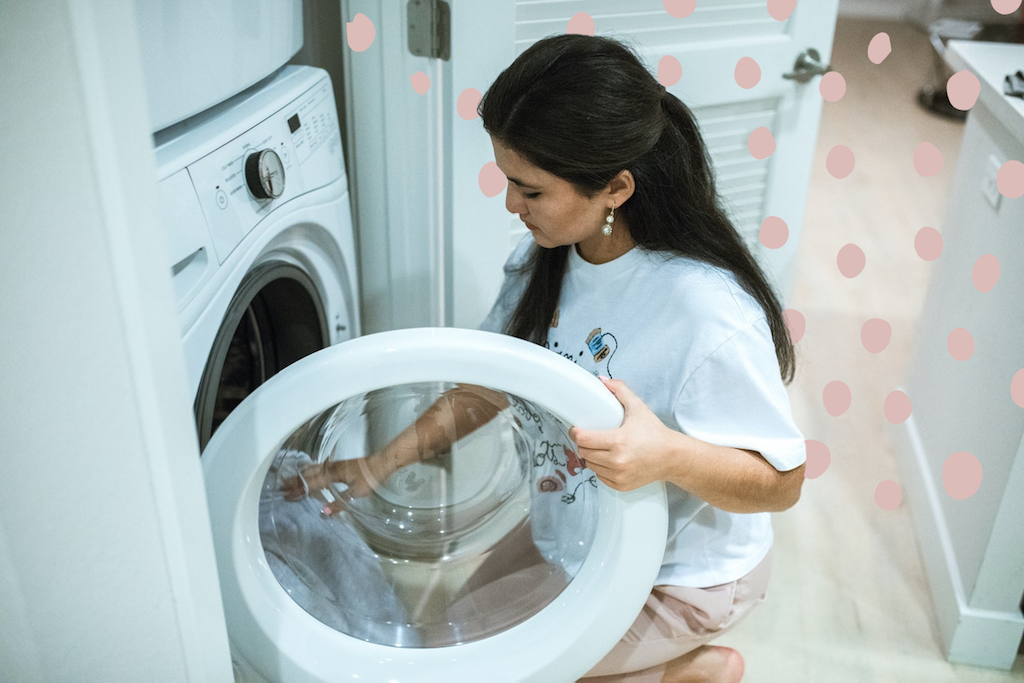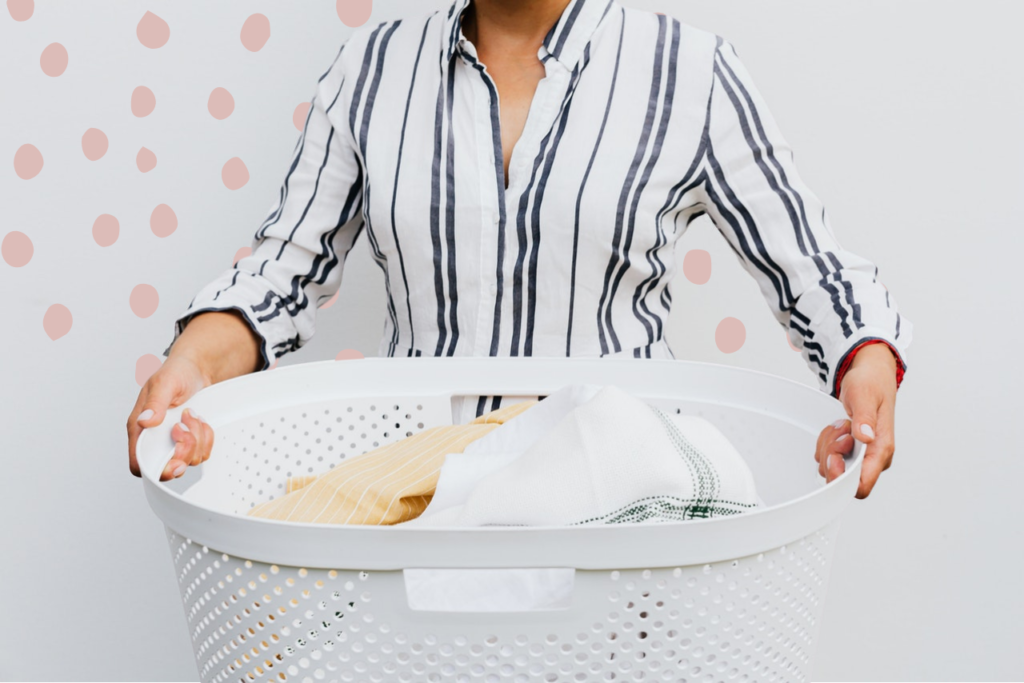When we consider eco-friendly washing techniques and products, it’s almost always with the goal of protecting the environment in mind. All the while, we may wonder whether we’re compromising our ability to remove stains by using eco-friendly products, which many believe to be less adept at actually washing clothes than their chemically-enhanced cousins.
Fear not. If you’re wondering whether eco-friendly washing products are effective, then you’ve come to the right place. Let’s explore.
TYPES OF ECO-FRIENDLY WASHING PRODUCT
Laundry Detergent Sheets
Many laundry detergent sheets that are currently on the market offer a pleasant fragrance whilst at the same time being 100% natural. By that we mean they are eco-friendly. Other terms used for them are environmentally friendly, vegan-friendly, or cruelty-free, of which we’ll explore more a little later.
No harsh chemicals are used in such sheets, helping avoid irritation of sensitive skin as well as the pollution of rivers and watercourses.
Eco-friendly Laundry Detergents
Whether a washing powder or a liquid, eco-friendly laundry detergents are now widely available. Free from artificial ingredients, harsh chemicals and enzymes, eco-friendly laundry detergents usually fall under the ‘non-bio’ category, though this label is sometimes a little misleading.
Non-bio simply means the product is free from traditional biological enzymes used in detergents to break down stains more easily. Though non-bio is certainly more suitable for sensitive skin, it isn’t universally better for the environment. Since bio detergents may be more effective at removing stains on shorter, cooler cycles, there is an argument that non-bio may sometimes lead to a bigger carbon footprint from your washing.
In terms of which type of laundry detergent is kindest to the environment, the general consensus among experts is that tablets or capsules are the least wasteful, as the exact dosage for a single wash is provided. With powders and liquids, it can be easy to overestimate how much is required, leading to waste.
Eco-friendly Fabric Softeners
Fabric softeners made without the addition of any fragrance or colouring, and made from entirely plant based, biodegradable ingredients, should be prioritised.

HOW TO TELL IF A PRODUCT IS ECO-FRIENDLY?
Definitions of what ‘eco-friendly’ actually means differ hugely. Generally speaking, a product without added fragrance or colouring, and one which is free from any harsh, harmful ingredients, should be what you first look for in an eco-friendly washing product.
These products should also be biodegradable, ideally with packaging that’s made from recycled bottles or plastic.
Eco-friendly doesn’t only refer to the ingredients and packaging involved. The term also refers to the way in which the product has been produced, researched and tested; the product should be cruelty-free, not tested on animals, and with proper working conditions for producers.
Various forms of certification and accreditation exist to ensure a company’s claims to be eco-friendly are truthful. As of 2020, such claims are vetted by the Competitions and Markets Authority’s Green Claims Code. Environmental bodies such as the Vegan Society, PETA, the Carbon Trust, Fair Trade and the Soil Association also offer certification and guidance.
Read: 10 eco-cleaning tips for the big spring clean
EFFECTIVENESS
The big question, however, is whether eco-friendly washing products are effective in actually removing stains.
Fortunately, you don’t have to sacrifice the cleanliness and sparkle of your clothes in the name of protecting the environment and your sensitive skin. In tests run by the Good Housekeeping Institute Cleaning Lab, eco-friendly washing detergents and products were found to be just as effective as their potentially more environmentally harmful counterparts. Ecover and Method fared particularly well.
This is backed up by Samara Geller, a database and research analyst with the Environmental Working Group, via WebMd. They say that “They have been demonstrated to be just as effective at tackling various cleaning chores as traditional cleaning products.”
Great news!

HOMEMADE WASHING PRODUCTS
All that said, perhaps an even more environmentally conscious way of doing things is to use all-natural stain removing methods, deploying everyday items against the toughest of stains. The UK based sustainable living blog Moral Fibres suggests a number of useful tips for common stains. These include:
- Soaking biro-stained clothes in milk for several hours
- Freezing chewing gum or crayon marks off clothing
- Tackling cooking fat stains with a paste made from bicarbonate of soda and water
- The same paste can also be used for coffee and tea stains
- Incredibly, using the rolled-up crusts of brown bread to remove lipstick stains
- Soaking t-shirts, tops and shirts that have sweat marks in white vinegar
And if you’re looking for a homemade replacement for fabric softener, sustainability experts recommend a solution of equal parts vinegar to water. Wow!
You’ll be glad to hear that the same principles apply to cleaning products around the house, with the wonders of baking soda, white vinegar and a little elbow grease also useful in domestic upkeep. Check out these 10 professional home cleaning hacks for more on using natural products to keep things sparkling clean.





